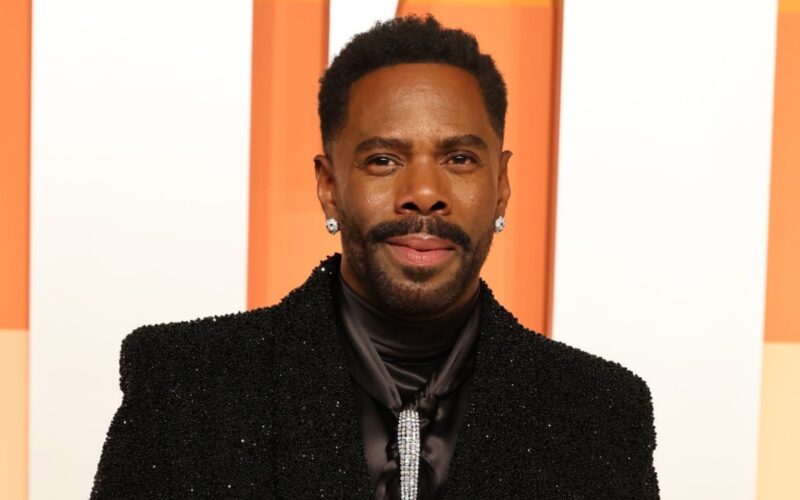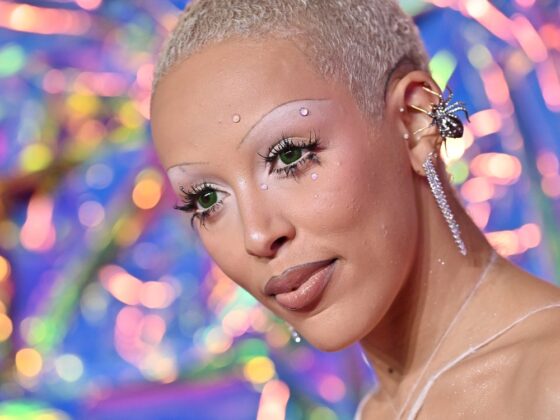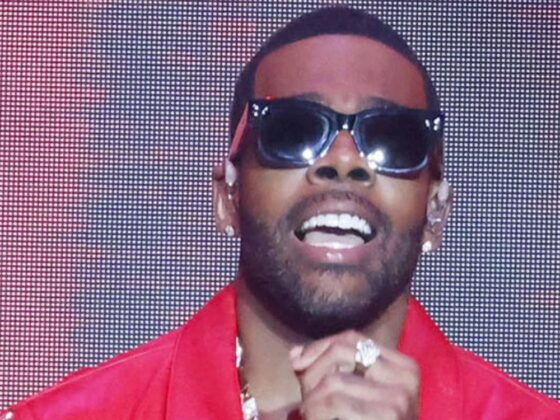In the constellation of Hollywood stars, few luminaries shine with the authentic brilliance of Colman Domingo. This multi-hyphenate artist’s remarkable journey from theater stages to Emmy-winning and Oscar-nominated performances exemplifies the power of perseverance and artistic integrity. Breaking boundaries from stage to screen, Domingo has become not just an accomplished actor but a vital voice for LGBTQ+ representation in an industry still grappling with true inclusivity. Here’s an opportunity to meet Colman Domingo, if you are not familiar with his story.
Early Life and Theater Roots
Born in Philadelphia in 1969, Domingo’s path to stardom wasn’t immediate or conventional. Before captivating audiences in blockbuster films and on acclaimed television series, he honed his craft in regional theaters and off-Broadway productions. After graduating from Temple University with a journalism degree, Domingo pivoted to pursue his true passion: the performing arts.
The theater world quickly recognized his exceptional talent. Domingo’s Broadway debut came in 1999 with “The Cotton Club,” but it was his performance in “Passing Strange” that established him as a theatrical force. His self-written one-man show, “A Boy and His Soul,” which explored his upbringing through the lens of soul music, demonstrated his multifaceted abilities as a writer, director, and performer. This autobiographical work also marked one of his first public explorations of his identity as a gay Black man.
Domingo’s theatrical achievements reached new heights with “The Scottsboro Boys,” earning him a Tony Award nomination in 2011. This recognition solidified his reputation as one of theater’s most versatile and compelling performers, setting the stage for his eventual transition to screen work.
The Leap to Screen Success
While many actors struggle with the transition from stage to screen, Domingo brought the depth and nuance of his theatrical training to his television and film roles. His breakthrough came with recurring appearances in “Law & Order” and “Nash Bridges,” but it was his role as Victor Strand in “Fear the Walking Dead” that introduced him to a broader audience.
The turning point in Domingo’s screen career came with his portrayal of Ali in Barry Jenkins’ If Beale Street Could Talk and his unforgettable role as X in “Euphoria,” which earned him an Emmy Award in 2022. His career reached another pinnacle with his transformative performance as civil rights leader Bayard Rustin in Rustin, garnering him an Academy Award nomination.
Iconic Productions: From Purple to Pop Royalty
Domingo’s versatility shines particularly bright in his role as Mister in the 2023 adaptation of The Color Purple. His portrayal of the complex, villainous character showcased his remarkable range while contributing to a production that honored Alice Walker’s beloved narrative. Working alongside a predominantly Black cast in this culturally significant film further cemented his commitment to projects that elevate diverse voices and experiences.
Looking ahead, Domingo is set to portray Joe Jackson in the highly anticipated Michael Jackson biopic Michael. This casting places him in the role of the controversial patriarch of the Jackson family, promising another nuanced performance that navigates complex family dynamics and the making of a musical legend. The project represents yet another milestone in Domingo’s increasingly impressive filmography, positioning him among Hollywood’s most sought-after character actors.
Throughout this evolution, Domingo has maintained the authenticity and emotional depth that distinguished his stage work. Rather than conforming to Hollywood’s expectations, he brought his whole self to each role, breaking boundaries from stage to screen with every performance.
LGBTQ+ Representation and Impact
Perhaps Domingo’s most significant contribution extends beyond his artistic achievements. As an openly gay Black man in an industry where such intersectional representation remains scarce, his visibility has provided crucial affirmation for marginalized audiences.
Domingo’s portrayal of Bayard Rustin – an openly gay civil rights activist whose contributions were often minimized due to his sexuality – represents the culmination of his commitment to authentic LGBTQ+ storytelling. By bringing Rustin’s story to the screen, Domingo helped reclaim an important chapter of queer history while highlighting the erasure many LGBTQ+ individuals face in historical narratives.
“I always knew that if I showed up as myself, I would create a pathway for others,” Domingo has stated. His refusal to separate his identity from his work challenges the industry’s tendency to typecast or erase LGBTQ+ performers. By securing major roles while remaining authentically himself, Domingo demonstrates that queer artists need not compromise their identity to achieve mainstream success.
Mentorship and Creating Opportunities
Beyond his own performances, Domingo has dedicated himself to nurturing the next generation of diverse talent. His production company, Edith Productions, prioritizes stories from underrepresented communities. Named after his mother, the company reflects Domingo’s belief that storytelling should honor authentic experiences and create paths for emerging voices.
As a director and producer, Domingo has created opportunities for LGBTQ+ actors and creators who might otherwise be overlooked by traditional Hollywood power structures. His advocacy extends beyond personal success to structural change within the industry itself.
A Legacy in Progress
At 55, Colman Domingo stands at the intersection of artistic achievement and cultural impact. Breaking boundaries from stage to screen, his journey represents not just personal triumph but progress for an industry slowly embracing authentic representation. His Emmy win and Oscar nomination aren’t merely individual accolades but milestones for LGBTQ+ visibility in mainstream entertainment.
“I’ve never been interested in being just one thing,” Domingo once remarked. This resistance to categorization has allowed him to craft a career defined by versatility and authenticity. From Philadelphia stages to Hollywood’s most prestigious award ceremonies, and from The Color Purple to the Michael Jackson biopic, Domingo’s journey reminds us that true artistry transcends conventional limitations.
As both an acclaimed performer and a cultural trailblazer, Colman Domingo continues to illuminate paths for future generations of artists. His story isn’t just about individual success but about transforming the landscape of possibility for those who will follow. In an industry often resistant to change, Domingo’s presence serves as both celebration and challenge – a testament to how far we’ve come and a reminder of how far we still must go.











